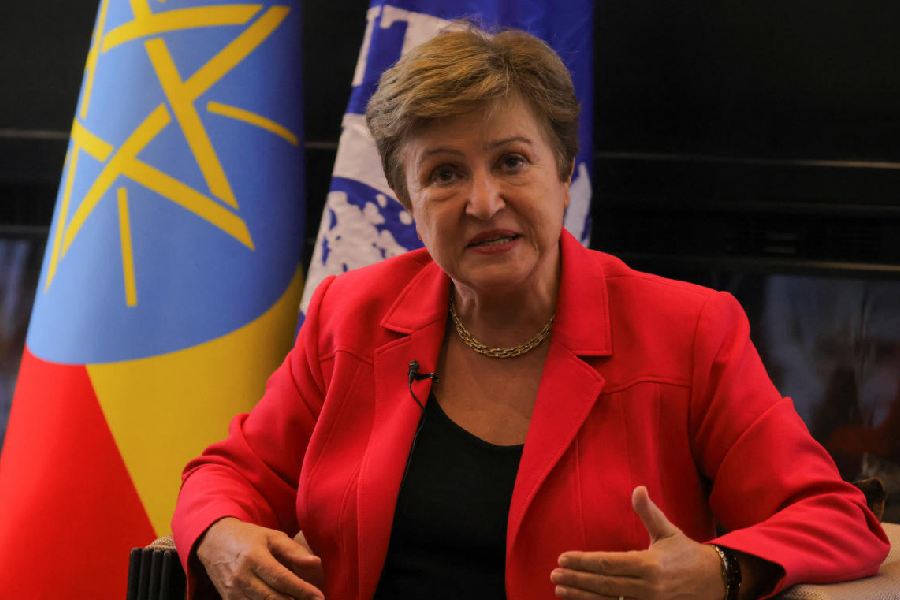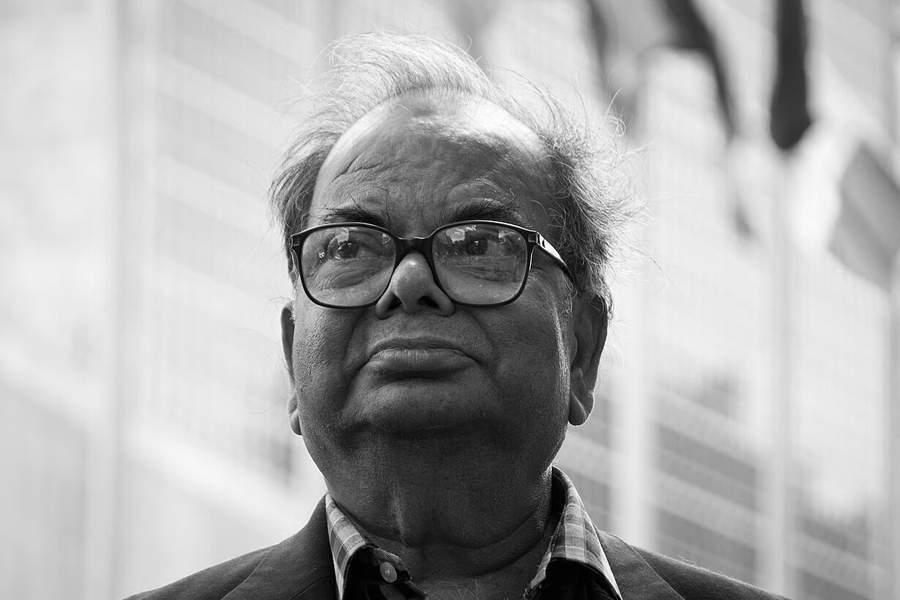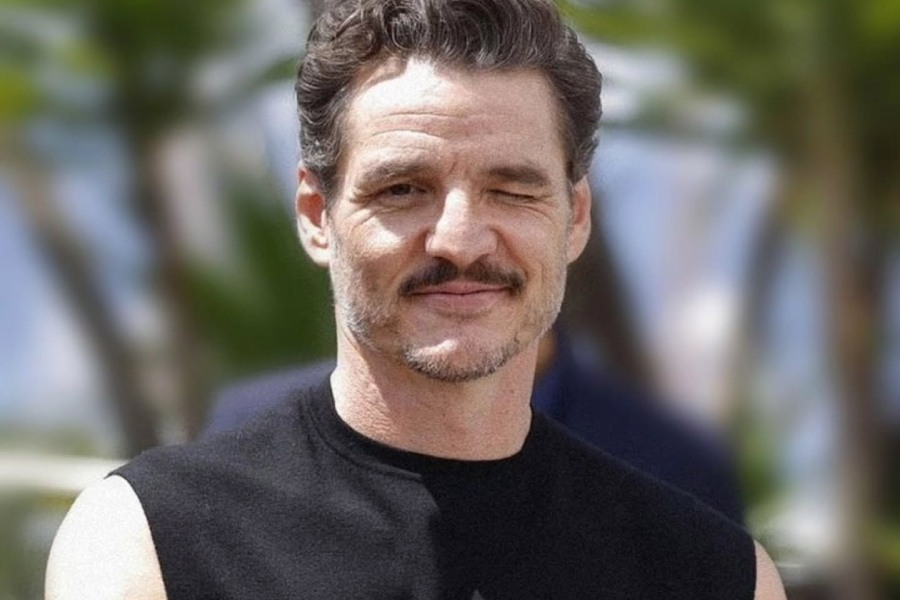Amid growing global interest in when Beijing and Washington might sit down to sort their differences, International Monetary Fund (IMF) managing director Kristalina Georgieva said on Thursday that the world’s two largest economies needed to reduce uncertainty and agree on a fairer, rules-based trading system.
Georgieva, speaking at an event in Washington ahead of next week’s IMF and World Bank spring meetings, did not directly criticise Donald Trump’s tariff assault on its trading partners, but made it clear growing tariffs and non-tariff trade barriers were feeding negative perceptions of the multilateral system.
“This feeling of unfairness in some places fits the narrative, ‘we play by the rules while others game the system without penalty’,” Georgieva was quoted by Reuters. “Trade imbalances steer trade tensions.”
She said that the US had grievances around China’s intellectual property practices and non-tariff barriers, while China is seeking US engagement that would put both economies on a solid footing.
“We would like to see a reduction in uncertainty, and it is hard to get there if the two largest economies are still finding their footing and when, obviously, from the perspective of the world economy, it is important that the result of all this is a more, fairer, rule-based system,” Georgieva said.
Though both US President Donald Trump and his Chinese counterpart Xi Jinping have indicated several times that they are willing to talk, the prospects for formal discussions anytime soon look remote because both sides have set several preconditions for a dialogue on tariffs.
In her address at Washington, the IMF chief stressed on the need for flexibility and gave the example of India, referring to New Delhi’s unease with reducing tariffs and trade barriers. “But India is now doing it,” she added, stressing that this would be helpful for the country’s growth prospects.
She also said that it was possible that tariffs and other trade barriers also could come down in the European Union as well and could encourage more bilateral and plurilateral trade agreements.
US President Donald Trump signalled a potential end to the tit-for-tat tariff hikes between the US and China. “I don’t want them to go higher because at a certain point you make it where people don’t buy,” he told reporters about tariffs at the White House.
“So, I may not want to go higher or I may not want to even go up to that level. I may want to go to less because you know you want people to buy and, at a certain point, people aren’t gonna buy.”










